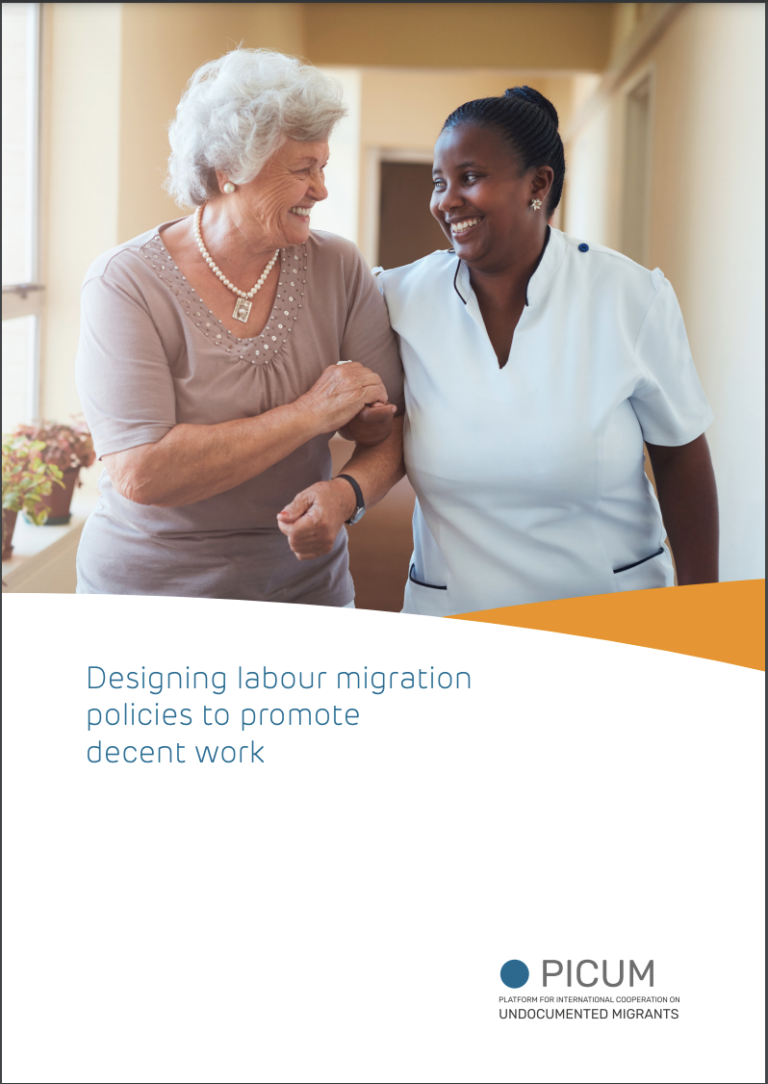National migration policies across Europe continue to offer decent labour migration opportunities largely to workers with offers for highly-paid employment or for very specific skills shortages. Accessible and decent labour migration pathways across various occupations remain very limited, despite labour market demand. Mechanisms such as quotas, shortage occupation lists, and labour market tests are implemented in a way that blocks – or creates over-burdensome administrative hurdles to – the employment of migrant workers in key occupations.
Those pathways that are available often provide work permits with restrictions on workers’ labour market mobility and rights. The multiplication of rules, permits and statuses creates a complex regulatory framework for authorities, employers and workers to navigate. It leads to fragmentation of the labour market and contributes to undeclared work. Single employer-tied permits are of particular concern, creating the conditions for dependency and exploitation. They also hinder flexibility in the labour market and workforce to adapt to employers’ and workers’ needs. The lack of attention to migrant workers’ perspectives, autonomy and investments in their labour migration projects also leads to blind spots in policy-making and limits positive outcomes for all involved.
In this context, there is a vast decent work deficit with high levels of wage theft, workplace accidents and labour exploitation, as well as risks of debt bondage and trafficking in human beings. Gender, class and racial inequalities and discrimination are being reproduced.

